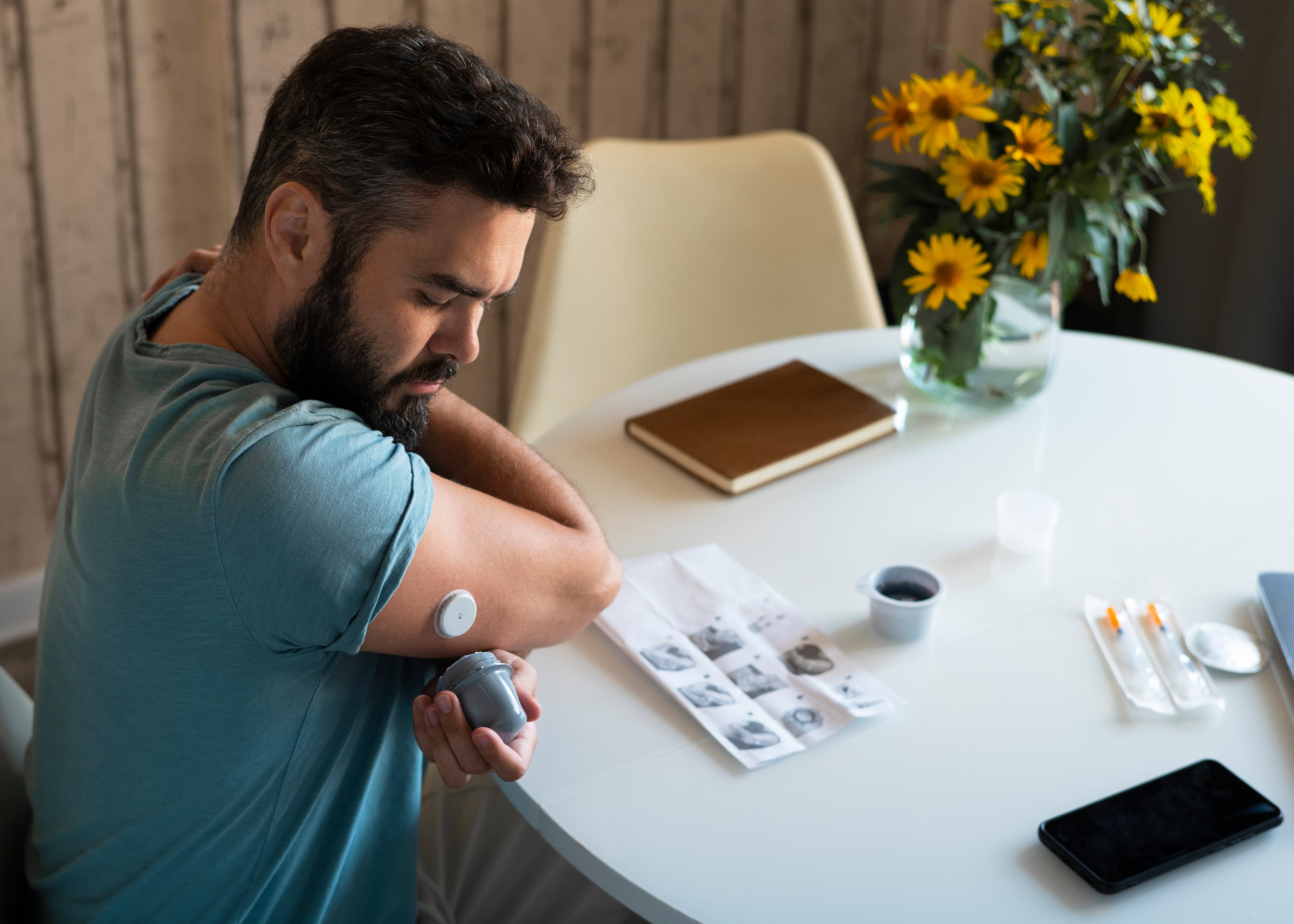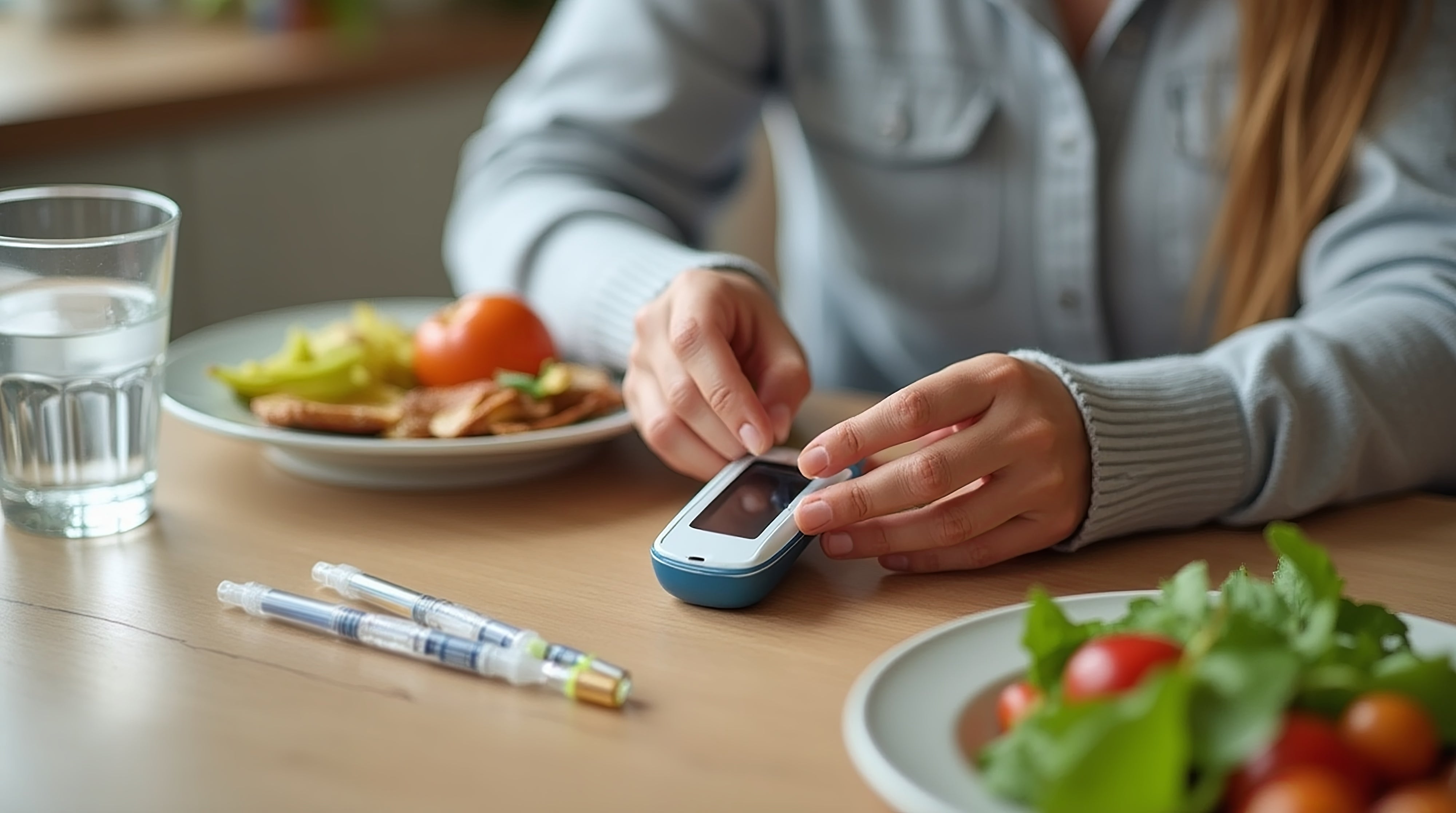The Importance of Monitoring & Tracking in Diabetes Management
Consistently monitoring and tracking blood sugar levels is essential for effective diabetes management. Keeping a close eye on glucose levels allows individuals to make informed decisions about diet, medication, and lifestyle adjustments, ultimately reducing the risk of complications and improving overall health.
Why Monitoring Matters
Blood sugar levels fluctuate throughout the day due to various factors such as food intake, physical activity, stress, and medication. Regular tracking helps individuals:
-
Identify Patterns and Trends: Understanding how different foods, activities, and stress levels impact blood sugar can help in making better choices.
-
Prevent Highs and Lows: Frequent monitoring allows for timely interventions to avoid dangerous spikes (hyperglycemia) or drops (hypoglycemia).
-
Enhance Medication Effectiveness: Tracking helps determine whether medications or insulin doses are working as expected.
-
Improve Long-Term Health: Keeping blood sugar levels within the target range reduces the risk of diabetes-related complications, such as nerve damage, kidney disease, and cardiovascular issues.
Best Tools for Tracking Blood Sugar
-
Continuous Glucose Monitors (CGMs): These wearable devices provide real-time glucose readings, alerting users to fluctuations.
-
Traditional Blood Glucose Meters: A simple and effective method to check blood sugar levels using test strips and a meter.
-
Diabetes Management Apps: Digital tools allow for easy tracking of glucose levels, meals, exercise, and medication schedules.
-
Food and Activity Journals: Keeping a log of meals and physical activity helps identify blood sugar triggers and trends.
Tips for Effective Monitoring
-
Stick to a Routine: Check blood sugar at consistent times each day to track trends accurately.
-
Record Readings Accurately: Whether using a digital app or a notebook, keeping detailed records helps identify problem areas.
-
Communicate with Healthcare Providers: Share tracking data with doctors to adjust treatment plans as needed.
-
Recognize Symptoms: Be aware of signs of high or low blood sugar to take prompt corrective action.
Final Thoughts
Monitoring and tracking blood sugar is a key component of diabetes management, helping individuals stay proactive in their health journey. At [Your Store Name], we offer a variety of blood glucose monitors, test strips, and diabetes tracking tools to support your needs. Explore our collection today and take control of your diabetes management!






